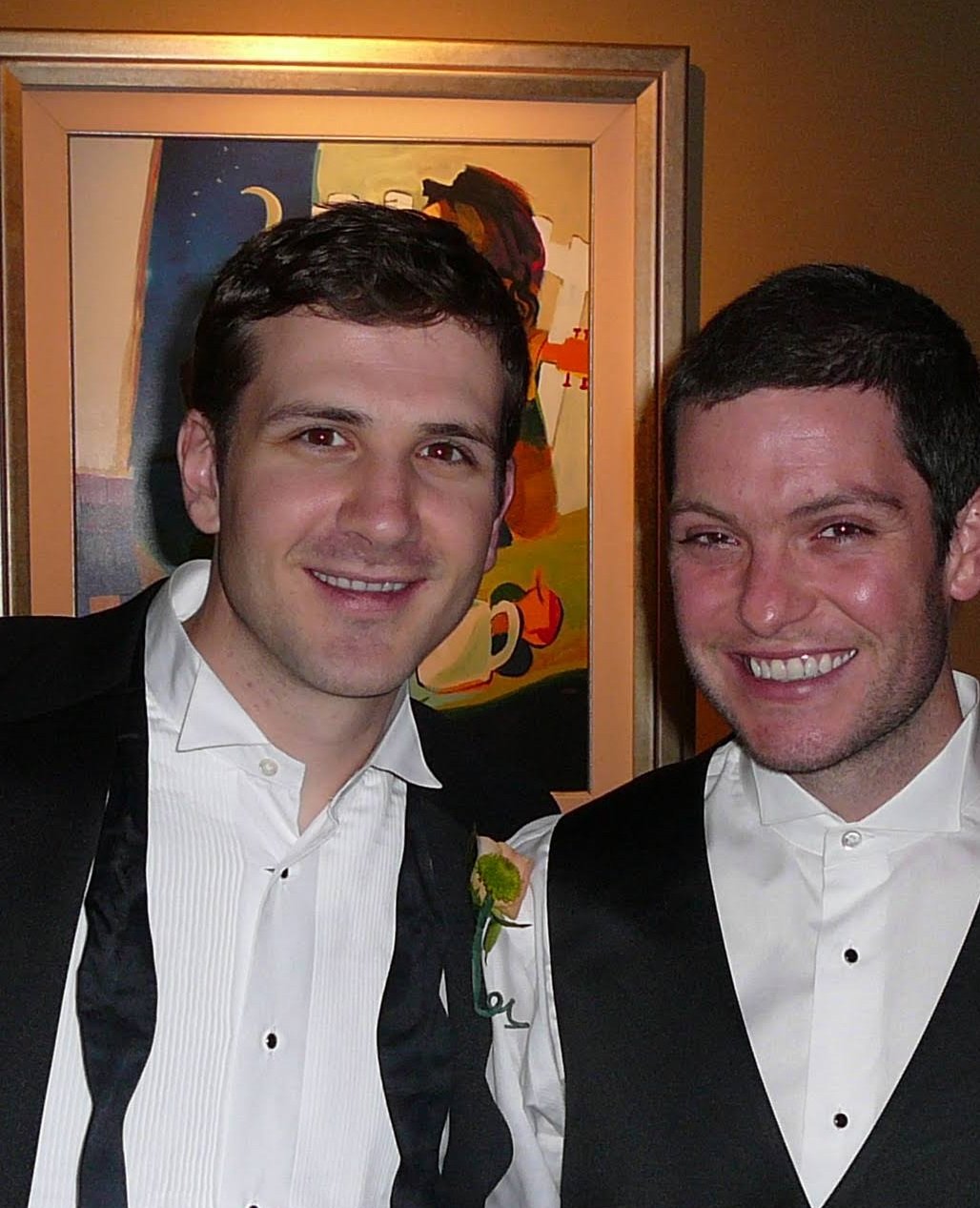Who's Smarter: Brain Surgeons or Rocket Scientists?
/Turns out they’re both pretty average.
Me (left) and a future brain surgeon (right)
The smartest kid in my med school class, in my opinion, was my roommate Dave. Here we are looking dapper and very, very young.
Dave aced every test, every rotation. This was a guy who knew the clotting and complement cascades by heart. Would recite his patient histories, medications, and lab values from memory. Knew the codes to every clean supply room in the hospital and where you could find free food at any given time. Smart.
So it was no surprise when Dave went into neurosurgery. Of course, he was going to be a brain surgeon. It’s the smartest profession.
Well, except maybe rocket science.
I mean, when you think of professions associated with intelligence, what else is there? What other professions have their own idioms associated with them. We say “It’s not brain surgery” or “it’s not rocket science” when we want to indicate that something is pretty straightforward. We don’t say “it’s not back-end development” or “it’s hardly social media influencing”.
But have you ever wondered, you know, who is smarter? The brain surgeons or the rocket scientists? Researchers from London led by Aswin Chari who is {ahem} a brain surgery trainee set out to find the answer. The results appear in The BMJ.
To coordinate the colossal cortex contest, the researchers turned to the Great British Intelligence Test – an online battery of tests of various cognitive domains from memory, to planning, to object manipulation. I tried it myself. It’s pretty hard, but it’s not contract law.
329 rocket scientists and 72 neurosurgeons participated and completed enough of the test to analyze. A large number of participants - 45% of rocket scientists and 51% of neurosurgeons did NOT have enough data to analyze, suggesting they quit the test early. So perhaps we’re seeing the best of the best here? Or at least those with the most free time.
The test has also been taken by a bunch of regular shlubs like you and me – so the researchers could compare the results of the cognoscenti to the general population.
The methods are a bit tricky – using factor analysis to cluster the results of multiple tests into 6 domains of intelligence. This requires some statistical know-how, but hey, it’s not structural engineering.
The most surprising thing about the results of this study?
How, well, average all these intellectual giants fared. As you can see here, there were only two domains where either group differed significantly from the general population. Neurosurgeons did better on problem solving speed, but this was balanced by faring a bit worse on memory recall speed. The rocket scientists did about average in all domains.
Now some of you will note that having 6 domains of intelligence, arrived at by factor analysis, doesn’t really answer the question of who is smarter. Psychometricians have long postulated the existence of a single factor, G – or general intelligence, that explains the observed correlations in performance across a variety of cognitive tasks. We don’t get an analysis of any such prime factor here, so perhaps the debate is unsettled. Still, comparing the two engagements with enlarged encephalons, we find that brain surgeons are better at semantic problem solving, and rocket scientists at spatial manipulation.
You can bring this up at your next cocktail party as a helpful test to see if anyone is actually listening to what you are saying.
In the end, this is a well-executed study. And though it’s not exactly programming in C++, it reminds us that we shouldn’t put too much stock in someone’s profession when we are assessing their intelligence – most of us are pretty average, despite what we may want to believe.
A version of this commentary first appeared on medscape.com




